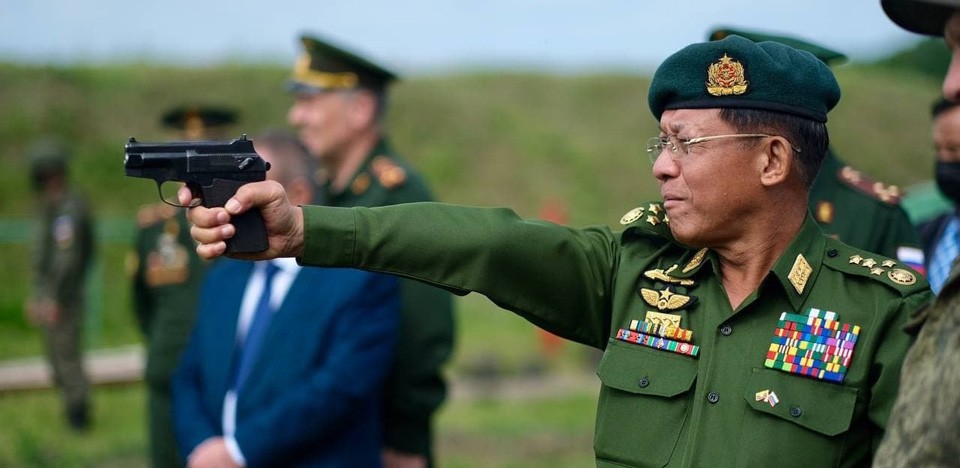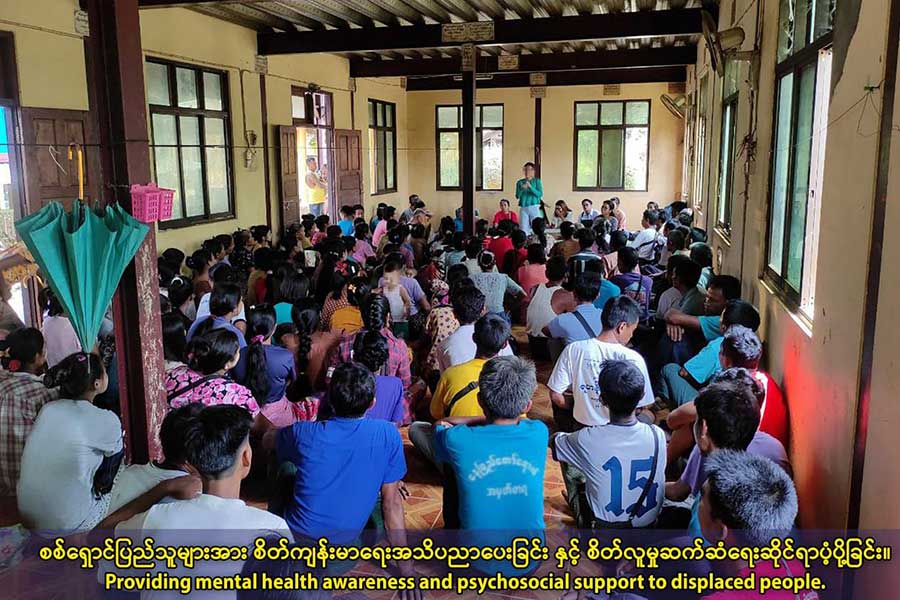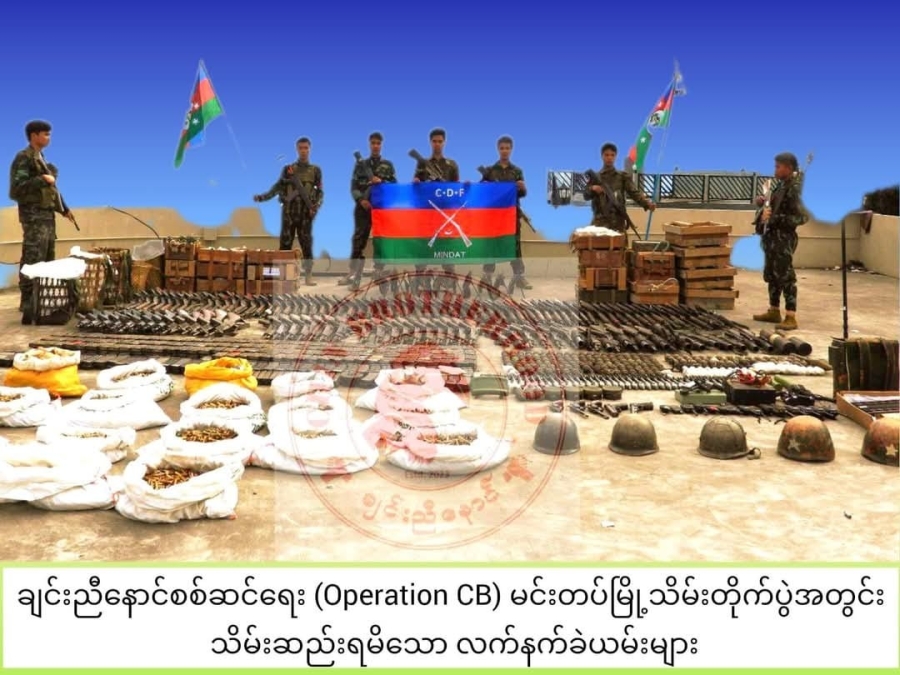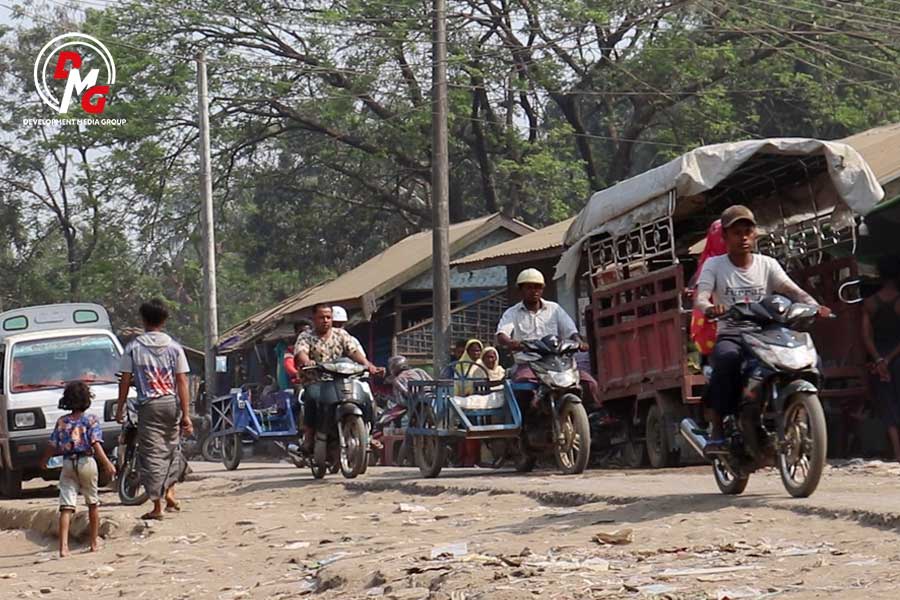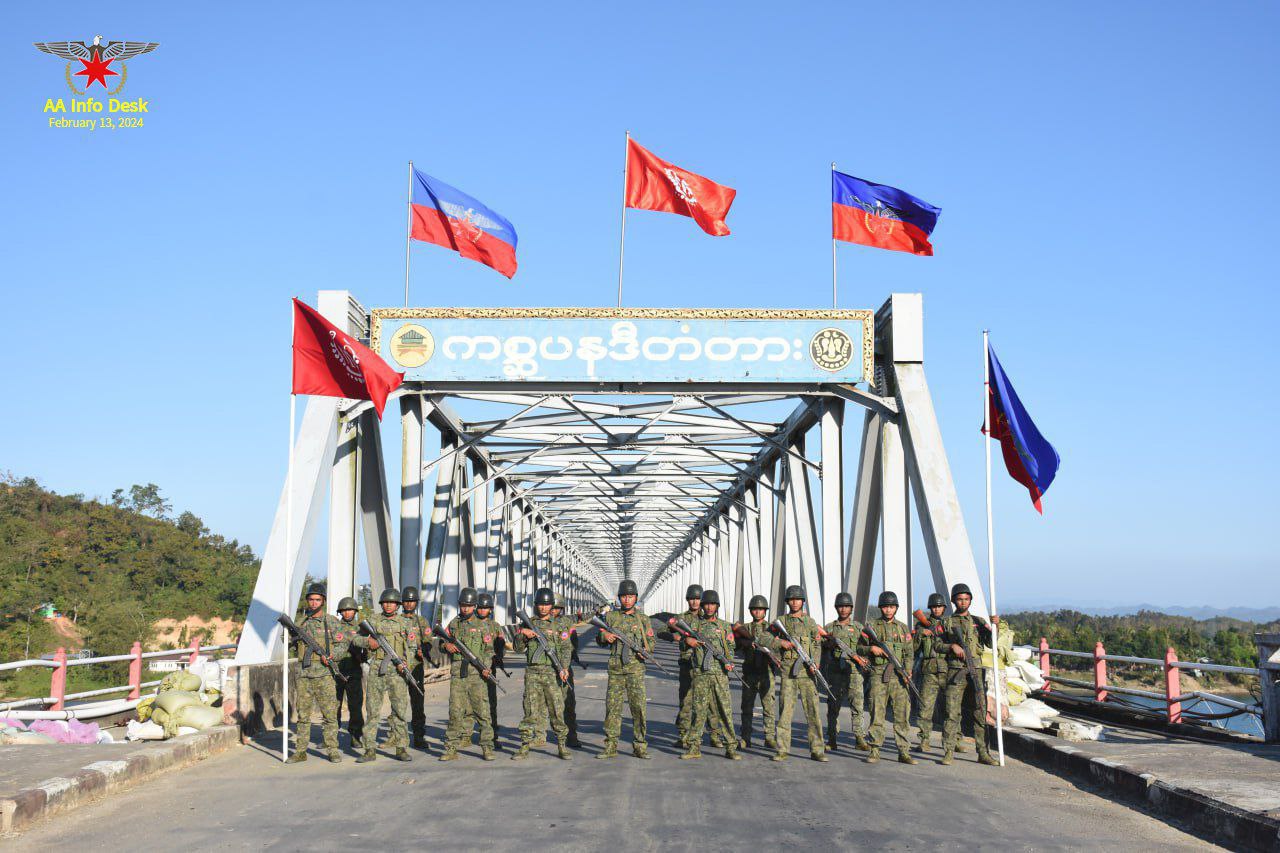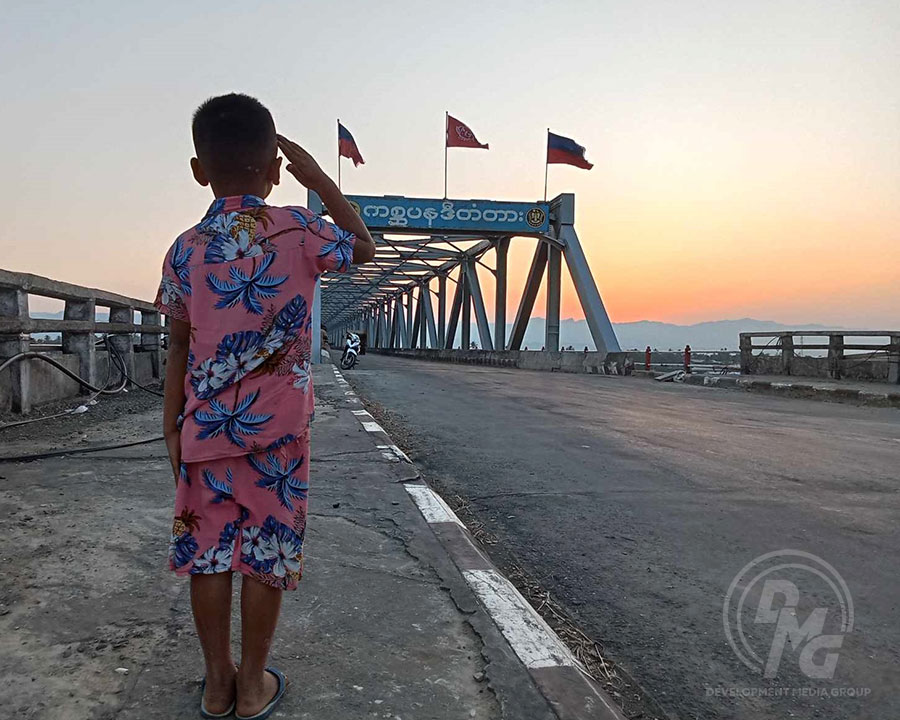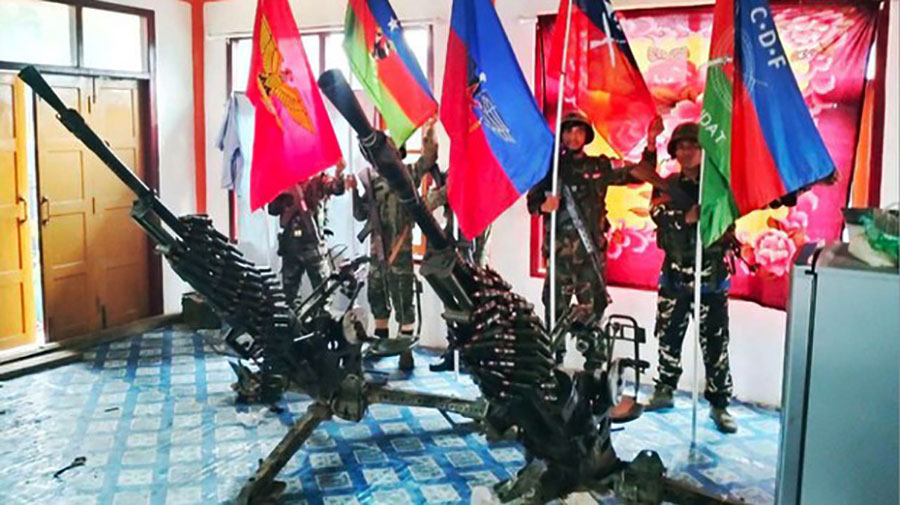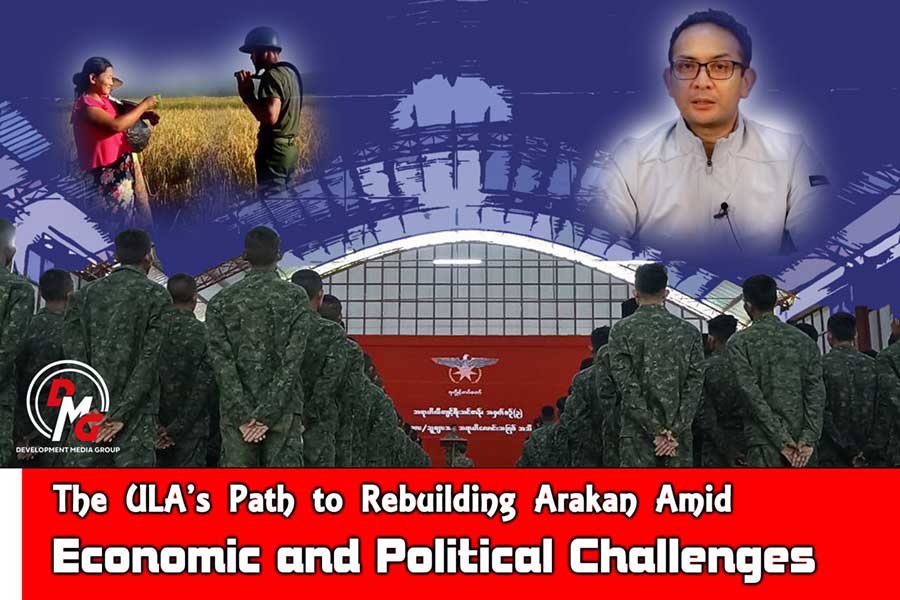AA chief holds forth on state of Arakan
The Arakan Army intends for Muslims in Arakan State to participate more in administrative roles and the police work of the United League of Arakan/Arakan Army, said AA chief Major-General Twan Mrat Naing in a wide-ranging interview with Arakkha Media on August 15, as he reflected on the status of the ethnic armed group’s ongoing “revolution.”
15 Aug 2021
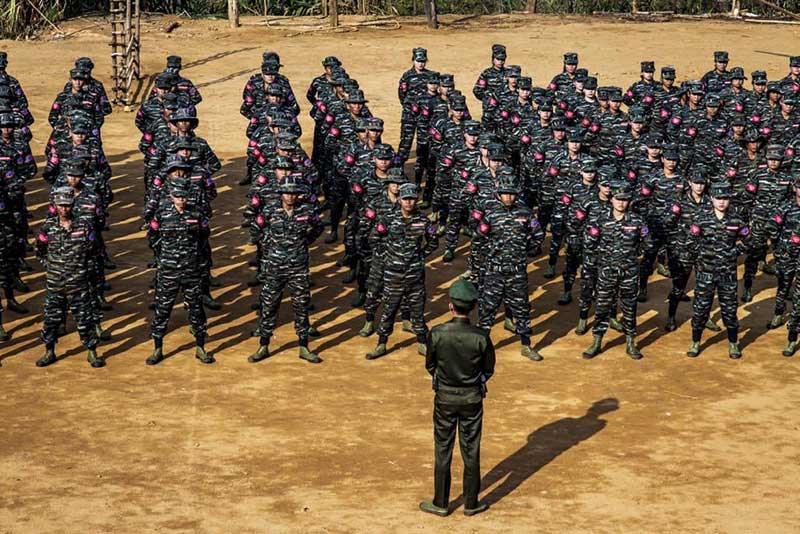
DMG Newsroom
15 August 2021, Sittwe
The Arakan Army intends for Muslims in Arakan State to participate more in administrative roles and the police work of the United League of Arakan/Arakan Army, said AA chief Major-General Twan Mrat Naing in a wide-ranging interview with Arakkha Media on August 15, as he reflected on the status of the ethnic armed group’s ongoing “revolution.”
The ethnic armed group leader said the AA plans to offer training to Muslims in Arakan State regarding office work and matters of law.
“We’ve planned for them [Muslims] to participate more in our administrative sectors and police work, and also plan to offer training for them on office work, management and law. We’ll have to conduct this step by step,” he said.
AA plans to offer police training classes to Muslims have been delayed due to the disruptions wrought by Covid-19, he added.
Turning to recent efforts by the Arakan Army to establish an independent judiciary, Major-General Twan Mrat Naing said the AA has arranged to pay salaries for those who are working at its “justice department” to help people seeking the resolution of legal disputes.
“We are serious about the Department of Justice. We are trying to pay salaries to the staff members of the Department of Justice to ensure justice and to prevent mistakes. The first department that will receive salaries during Arakan’s revolution is the Department of Justice,” he told Arakkha Media.
“Judges are not allowed to meet with people who are involved in a legal dispute outside the court,” he added, referring to efforts to combat corruption and perceptions of graft within the AA’s fledgling legal system.
“We’ve provided training for our judges,” he added.
Major-General Twan Mrat Naing also used the interview to praise “the Arakanese people” for having “served their responsibilities in the Arakanese national liberation movement during our generation.”
He continued: “Everyone in Arakan State, regardless of race or religion, is fulfilling their responsibilities. It was a revolution in which the people in Arakan State did their best to participate and pay as much as they could.”
But the AA chief also sounded a cautionary note.
“We need to remain vigilant of the revolution in order to be united,” he said. “At times like this, there are people who are dividing us. There are some forces that are different from us ideologically. They point out the weaknesses and needs of the revolution and constantly attack us and disrupt our state-building endeavours. At a time when we are trying to engage with the international community, our reputations are being tarnished.”
The Arakan Army has divided the revolution into four stages — the beginning of the revolution, the revolutionary period, the period of rivalry and the conquest of the Arakan State — Major-General Twan Mrat Naing said, adding that the state is currently in the third stage.



